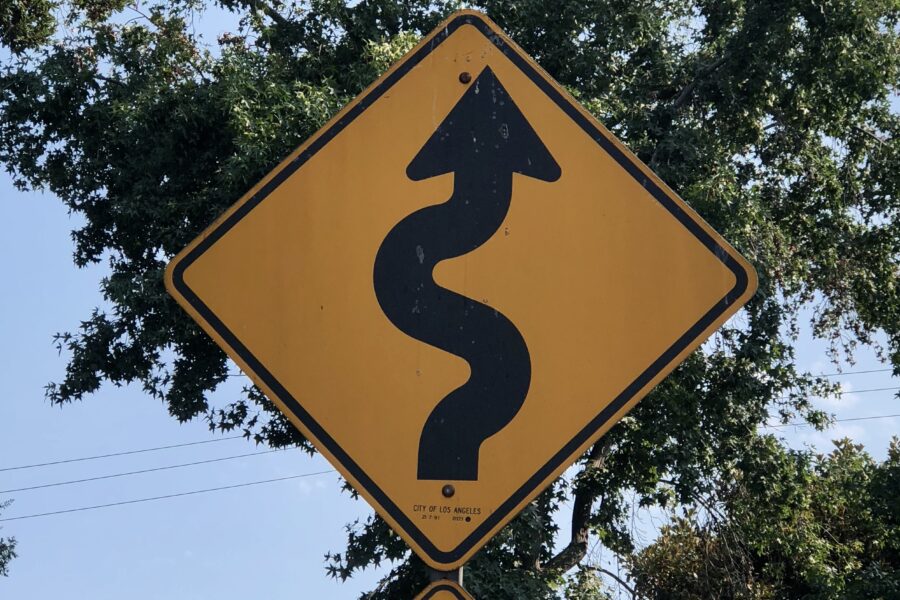My son is fast. He talks a million miles an hour. Moves with bursts of energy. When he’s excited about something, his ideas spill out of him so quickly that I almost have to follow behind with a bucket just to catch a couple. As he’s matured and gotten to know himself better, he’s learned how to corral that energy when needed. At his school orientation the other day, where he had to sit and focus for an hour-and-a-half on mostly boring stuff, he channeled his speed into his leg. Bouncing it up and down rapid-fire, keeping it contained to just one limb so that the rest of him could pay attention.
But that’s all learned behavior; he didn’t always know how to do that. When he was little, that giant life force of his made everyday shifts from one thing to the next almost impossible. He couldn’t be doing something and then, at the whim of an adult, suddenly gather himself up, switch gears and do something else. We had to have a lot of conversations. We had to provide him with the time and space to change, so the current of his energy didn’t suddenly hit a block and explode. Even now, if I spring a plan on him, he can become irritated. He likes to know the schedule in advance. Anticipate what’s coming so he can manage the required transitions he’ll be expected to make.
Before having him, I’d never thought much about transitions. I barreled through life, moving from one thing to the next without so much as a breath. Partly due to work ethic, partly fear of stopping (and we all know what that’s about), my attitude was to suck it up, power through and keep pressing forward. As a result, I’m not sure I had much empathy for myself or anyone else who was in transition because all I knew about the word was that it had something to do with a good sentence between paragraphs or the time you spend at the pearly gates waiting to hear your fate. I didn’t see or appreciate those necessary spaces that hang between one thing and the next. Pauses that move us from task to task, from work to family to self, from internal to external, right brain to left, and from one life stage to the next as we journey from birth to death.
To be honest, I think middle age might just be the mother of all transitions. Yes, it’s a lengthy period of life, but it’s also that giant canyon that lies between being young and being old. Which, I suspect, is the reason why we’re so damn uncomfortable in it. Physically we experience deterioration and disease, emotionally we obsess over unrealized hopes and dreams, mentally we—wait a minute, what was I saying? Believe me, I’m not one for labels. I could throw them all away and declare myself ageless. I could Botox and scalpel and Keto my way to believing that I’m still 35 (hell, gloss over the whole mid-life transition entirely), but I’d be kidding myself. You need only sit on a transatlantic flight for ten hours with all the other families of teenagers making their way to Europe on vacation to realize that you are indisputably middle-aged. And that’s okay. It’s actually fucking great. It’s a relief to accept. Because if all I do is worry about looking 35 on the outside (and, my god, would I love to look 35 again), then I deny the 51-year old on the inside. And 51 inside is gorgeous and knowing and experienced and, from my standpoint anyway, kinda hot. And not because of a night sweat, thank you very much.
So, yeah, I’m finally pausing. Acknowledging that I’ve arrived at this awkward, shape-shifting, notorious time of life. Demanding, like my son, a lot of conversation and time and space to get used to the idea. To get used to the change.







